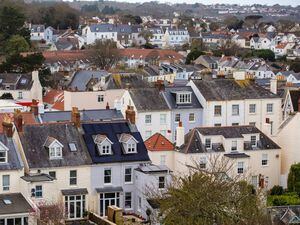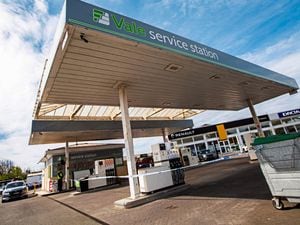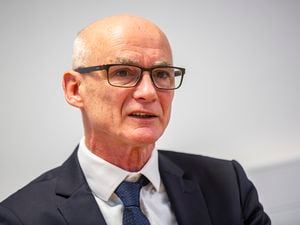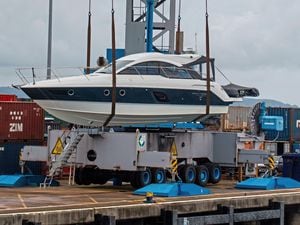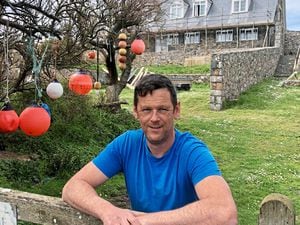Cancer research engagement praised as ‘best in the world’
GUERNSEY has been instrumental in collecting patient data to help research early prevention and diagnosis of breast and prostate cancers.
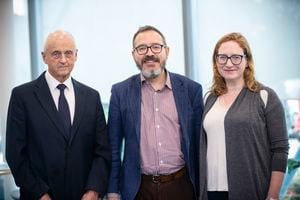
At a talk at Les Cotils, islanders were given an update on how locals’ contributions have helped towards the early diagnosis of cancer.
Hope for Guernsey and Male Uprising Guernsey organised the event, at which molecular biology professor Paul Townsend and University of Manchester PhD student Jade Talbot explained their work.
Professor Townsend and Hope for Guernsey’s Roger Allsopp started working together in 2005 and collected blood samples from local volunteers to help with the diagnosis of breast cancer.
‘Several years ago Guernsey women volunteered in prospective cancer research, donating a sample of blood – and some donated urine – because they were convinced at the time that something about them may coincide with them developing cancer,’ Professor Townsend explained.
‘Eleven thousand samples were given from the island and I have never seen such generosity and engagement in a research project anywhere else in the world.’
The work was co-ordinated by local nurse Sister Elizabeth Lincoln and is still being used decades later, now with male volunteers to collect data on prostate cancer.
‘Technology has developed so much over the years that now we can digitalise the data, with the help of Sarah Barton [deputy programme manager for Digital Futures], and interrogate the data to see if there are any common factors in the anonymous samples of who developed the disease and those who did not,’ Professor Townsend said.
Some volunteers gave healthy samples and later developed prostate cancer and donated updated samples to the study again.
‘Guernsey is special in that it has hundreds, even thousands, of people willing to take part in the research so we can provide future generations with data to help early diagnosis and treatment of these cancers.’
With the help of volunteers donating samples and funds from Guernsey, a world renowned treatment centre facility was able to open in Manchester which has been visited by experts from all over the globe to see the cutting-edge work taking place.
‘We can then take this research and this work further than Guernsey and further than cancer. If a relatively small collection of samples and a few people can make strides this big, it could be a catalyst to roll the work out to the world and other conditions and diseases, even mental health.’

